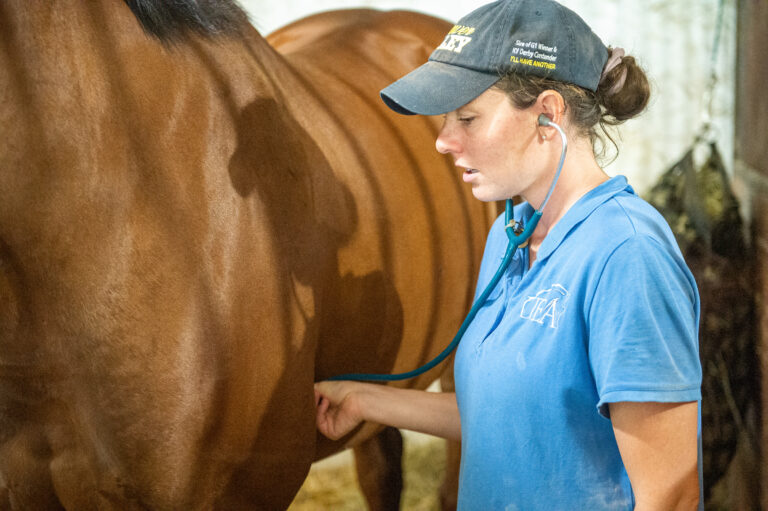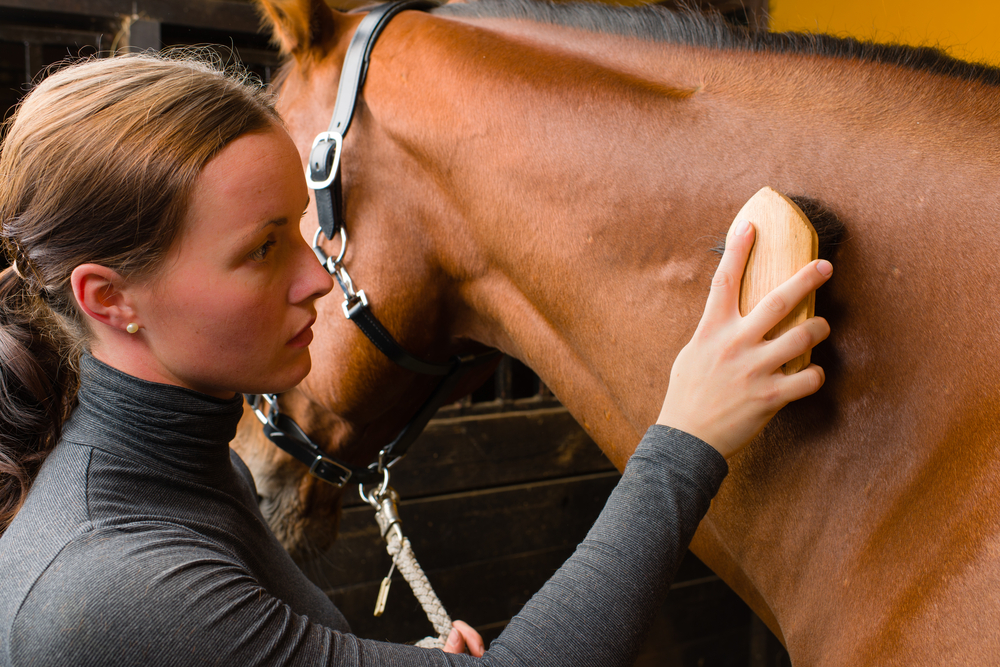Caring for a retired senior horse requires special attention and dedication. As these horses enter their golden years, their needs change significantly. Understanding these changes is vital for ensuring their well-being and happiness. In this article, we will explore the essential aspects of retired senior horse care, providing you with a comprehensive guide to supporting your equine companion in their later years.

Understanding the Needs of a Senior Horse
As horses age, they experience various physical and behavioral changes. It’s crucial to recognize these changes to provide the appropriate care. Senior horses may have different dietary needs, require more frequent health check-ups, and need adjustments in their exercise routines. By understanding these needs, we can ensure a better quality of life for our senior equine friends.
Recognizing Physical Changes
One of the first steps in retired senior horse care is recognizing physical changes. These may include weight loss, dental issues, joint stiffness, and reduced muscle mass. Regular veterinary check-ups are essential to monitor these changes and address any health concerns promptly.
Behavioral Changes in Senior Horses
Behavioral changes are also common in senior horses. They may become more lethargic, show signs of anxiety, or become less social. Understanding these changes helps in creating a supportive environment that promotes their mental and emotional well-being.
Nutrition for Retired Senior Horses
Proper nutrition plays a vital role in retired senior horse care. As horses age, their metabolism slows down, and they may have difficulty digesting certain foods. It’s important to provide a balanced diet that meets their nutritional needs.
Choosing the Right Feed
Senior horses may require special feeds that cater to their specific needs. These feeds are designed to be easy to digest and provide essential nutrients. Consulting with a veterinarian or equine nutritionist can help in selecting the right feed for your horse.
Ensuring Proper Hydration
Hydration is equally important for senior horses. They may not drink as much water as younger horses, leading to dehydration. Ensure that fresh, clean water is always available, and consider adding electrolytes to their water to encourage drinking.
Health Care and Vet Visits
Regular veterinary care is a cornerstone of retired senior horse care. Senior horses are more susceptible to health issues, so frequent check-ups are essential to catch any problems early.
Common Health Issues
Some common health issues in senior horses include arthritis, dental problems, and metabolic disorders. Regular vet visits can help in diagnosing and managing these conditions effectively.
Vaccinations and Deworming
Maintaining a consistent vaccination and deworming schedule is crucial for preventing diseases in senior horses. Ensure that these are up to date to protect your horse’s health.
Exercise and Mobility
While retired senior horses may not be as active as they once were, regular exercise is still important. It helps maintain muscle tone, joint flexibility, and overall health.
Creating an Exercise Plan
An exercise plan tailored to your horse’s abilities and limitations is essential. Consult with a veterinarian or equine therapist to create a plan that suits your horse’s needs.
Managing Mobility Issues
Mobility issues are common in senior horses. Providing proper hoof care and considering joint supplements can aid in managing these issues.
Comfortable Living Environment
Creating a comfortable living environment is a crucial aspect of retired senior horse care. This includes proper shelter, bedding, and pasture management.
Providing Adequate Shelter
Ensure that your horse has access to a clean, dry shelter that protects them from extreme weather conditions.
Choosing the Right Bedding
Soft, clean bedding is important for the comfort of senior horses. Consider using bedding materials that provide support and are easy to clean.
Maintaining Mental and Emotional Well-being
Caring for the mental and emotional well-being of senior horses is as important as their physical health. Social interactions, mental stimulation, and a calm environment contribute to their overall happiness.
Social Interaction
Ensure that your horse has opportunities for social interaction with other horses. This helps alleviate loneliness and keeps them mentally stimulated.
Providing Mental Stimulation
Engage your horse with toys, puzzles, and activities that provide mental challenges. This keeps their mind active and prevents boredom.
Conclusion
Retired senior horse care requires a holistic approach that addresses their physical, mental, and emotional needs. By understanding and catering to these needs, we can ensure that our equine companions enjoy a comfortable and fulfilling retirement. For more detailed information on senior horse care, you can visit Virbac.

FAQs
How often should senior horses have vet check-ups?
Senior horses should have vet check-ups at least twice a year to monitor their health and address any emerging issues.
What type of feed is best for senior horses?
Feeds that are easy to digest and specially formulated for senior horses are recommended. Consult with a veterinarian or equine nutritionist for specific recommendations.
Can senior horses still be ridden?
Depending on their health and mobility, some senior horses can still be ridden. It’s important to consult with a veterinarian to assess their capability and create a suitable exercise plan.
This article contains affiliate links. We may earn a commission at no extra cost to you.
